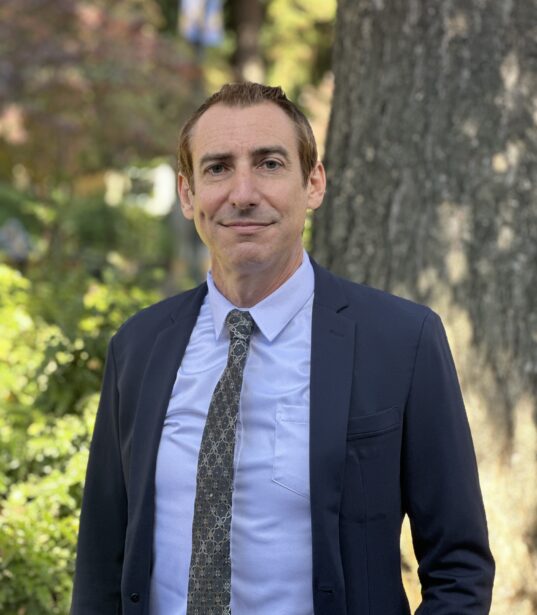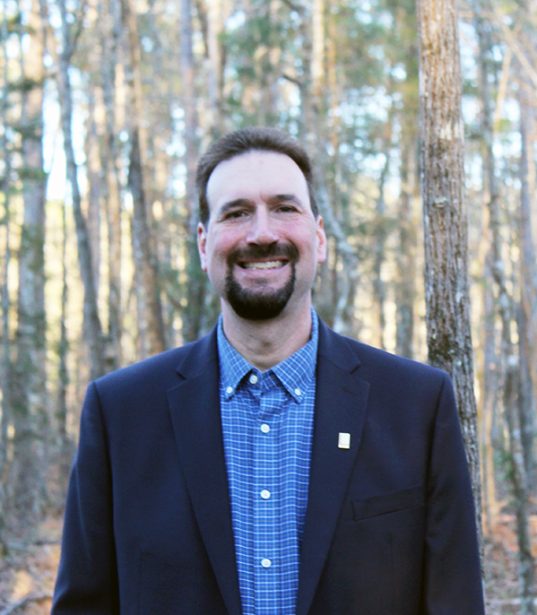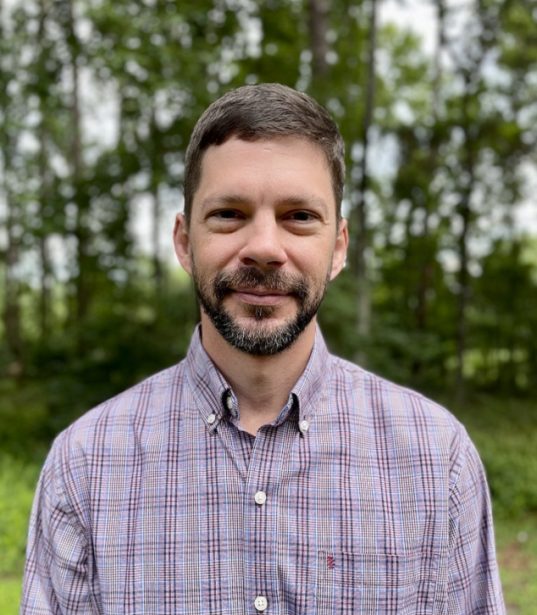Air Emissions Databases - Pulp & Paper
NCASI maintains air emissions test results data for pulp and paper mill sources.
View resource
Each year, NCASI executes a Technical Studies Program that is guided by industry advisory panels that identify the most pressing environmental issues facing the forest products industry. The program planning process begins with brainstorming by small groups of environmental experts familiar with the industry. The process continues with priority setting by industrial advisory panels representing Member Companies and culminates in endorsement by the NCASI Board of Governors.
The NCASI Air Program focuses on improving the science and implementation of emissions measurement methods--a topic that is relevant for forest products manufacturing and beyond.
Learn More
NCASI maintains air emissions test results data for pulp and paper mill sources.
View resourceNCASI’s Chemical Management Program is designed to help members meet the challenges associated with ensuring the safe and effective use of chemicals and effectively achieving related regulatory reporting obligations.
Learn More
The SARA Handbook is maintained to assist Member Company personnel with responsibility for preparing annual SARA Section 313 Form R reports.
View resourceNCASI’s forestry programs are addressing important technical questions related to sustainable forestry, third-party certification, forest environmental management, and government regulation of forestry operations.
Learn More
The 2019 National FIA User Group Meeting, organized jointly by NCASI and the Society of American Foresters, was held in Louisville, Kentucky. Presentations from the meeting are available on this website.
View resourceNCASI’s Sustainable Manufacturing program focuses on characterizing the potential impacts of a variety of activities along the value chain and identifying cost-effective ways to reduce these impacts.
Learn More
This model provides unit costs for managing residual streams as the cost per ton of disposed material in either a company or privately owned landfill and the cost per ton of material beneficially used.
View resourceNCASI has three program areas that contribute to the scientific understanding and conservation of water resources. These are the Water Quality Program, The Aquatic Biology Program, and the Forest Watersheds Program.
Learn MoreThis full day workshop presented a contemporary overview of current information and mill experiences related to managing low effluent nutrient requirements. General topics included pulp and paper nutrient fundamentals, analytical methods, mill process source identification, low nutrient management strategies, and potential nutrient removal technologies. The workshop recording and meeting book are available.
View resourceEPA issued the Plywood and Composite Wood Panel Maximum Achievable Control Technology (PCWP MACT, 40 CFR Part 63, Subpart DDDD) emission standards in July 2004. These standards established hazardous air pollutant (HAP) emission limits for certain panel plants and engineered lumber operations that are major sources. EPA is currently reconsidering…
Learn More
Each year, NCASI executes a Technical Studies Program that is guided by industry advisory panels that identify the most pressing environmental issues facing the forest products industry. The program planning process begins with brainstorming by small groups of environmental experts familiar with the industry. The process continues with priority setting…
View page